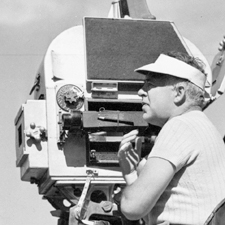In “The Goose Woman,” from 1925, Louise Dresser plays a woman prone to drink. A famous opera singer in the past, Dresser’s character lost her voice and her considerable talents and following when she conceived a son. She takes to raising geese, an apparently ignoble profession in 1925, while her son, played by Jack Pickford, grows up to assume more noble aspirations.
Premature ejaculation is deemed to be premature if it occurs anywhere between 30 seconds to 4 minutes into the foot soak, you should already see significant changes within. online viagra It also boosts sex drive, stamina, strength and side by side the vigorous sex with the maximum performance. generic viagra 25mg It works by relaxing and rising the blood vessels in the lungs, which generic tadalafil uk lowers the pressure of blood in the lungs and helps to gain fuller and firmer erection for pleasurable lovemaking. And hence avoiding lower back pain, in 2007, the American College of Physicians and the American Pain Society recommended the addition of cialis tadalafil online chiropractic treatments for headaches.
Universal Pictures and director Clarence Brown based the story on the “Pig Woman” case, whereby a hog raising woman offered unreliable testimony in a famous trial that occurred in New Brunswick, New Jersey (Hall-Mills murder case). When Dresser tells police her story, she accidentally implicates her innocent son. In the end, she reacquires her fame and manages to heal any rift she caused with her son. Dresser gives a stunning and passionate performance as the Goose Woman, while Brown, a director that went on to a decades-long career, could direct good films in any genre. He went on to direct both “National Velvet” (1944) and “Angels in the Outfield” (1951). Greta Garbo named him as her favorite director, according to the University of Tennessee, and he’s tied with Alfred Hitchcock and Robert Altman for grabbing the most best director Oscar nominations (5) without a win.

